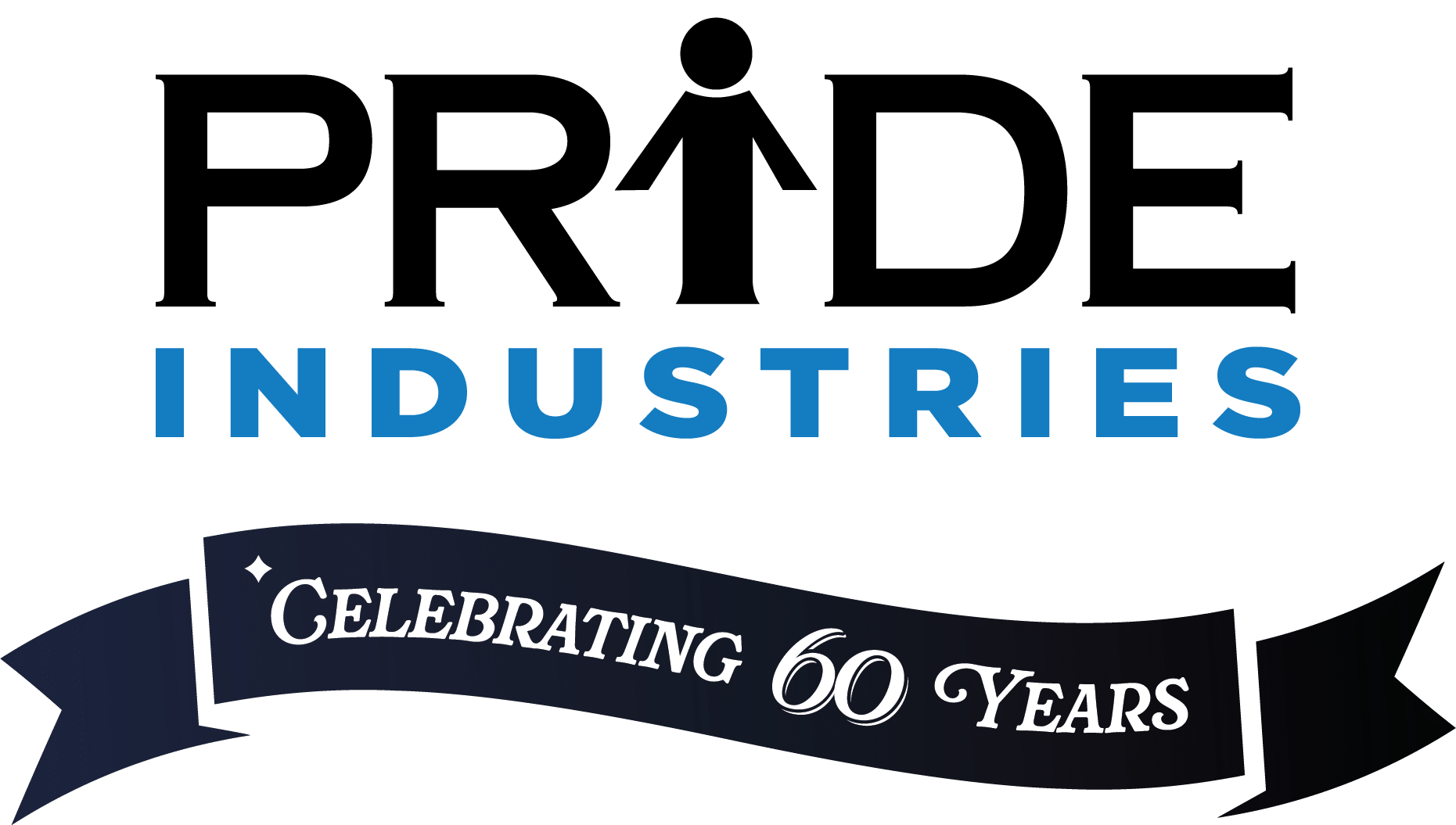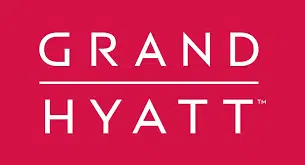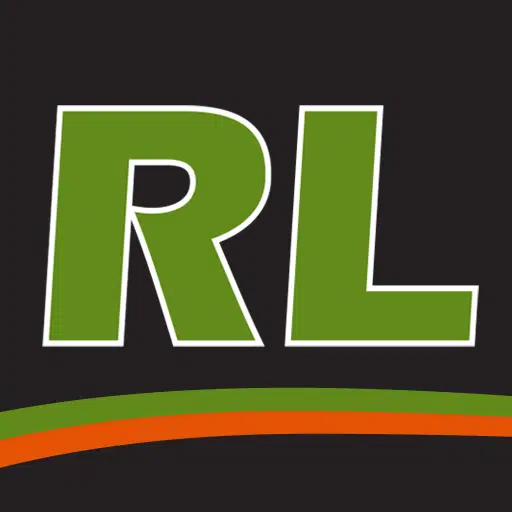In 2026, one competitive edge for companies remains constant across industries: high workforce retention. Businesses that keep workers engaged and supported build momentum that no hiring campaign can replicate. When employees stay, companies gain experience, trust, and innovation, all of which strengthen performance and culture.
At PRIDE Industries, we’ve seen the transformative power of workforce retention firsthand. Through inclusive employment partnerships, our customers are able to achieve what once felt out of reach: dependable teams, measurable growth, and workplaces built on purpose.
Productivity That Compounds Over Time
Operational consistency is one of workforce retention’s greatest rewards. Experienced employees know internal systems, so they’re better able to anticipate challenges and require less supervision. This efficiency compounds with every year of tenure.
The converse is also true—high turnover leads to inefficiency, as the data makes clear. A recent 2024 Gallup poll found that only 31 percent of employees in the U.S. are fully engaged in their work, creating a significant drag on company performance. It’s estimated that disengaged employees cost U.S. employers $1.9 trillion annually in lost productivity. And a McKinsey analysis shows that turnover at a typical mid-sized company can quietly drain $228–$355 million per year due to lost productivity and retraining.
As these numbers make clear, retention is not just a cultural strength; it is a measurable financial advantage.
High Workforce Retention Yields Exceptional Customer Experiences
Increased productivity is not the only advantage of workforce retention. A consistent workforce also strengthens the relationships that determine a company’s reputation.
At Eskaton Gold River, a senior living community, turnover in dining and hospitality roles was fueling tenant dissatisfaction. This situation is not uncommon in the hospitality industry, and is especially acute in the senior living sector, where consistency is highly valued. A 2021 study by the National Investment Center for Seniors Housing and Care (NIC) found that the annual turnover rate among senior living workers averages around 85 percent, making long-term staff stability a rare and valuable differentiator.
In an effort to address its staffing challenges, Eskaton entered into a partnership with PRIDE Industries. The strategy worked. By adopting an inclusive employment model, adding employees with disabilities supported by on-site job coaches, Eskaton created a reliable and consistent hospitality staff. The change greatly improved resident satisfaction.
“The residents really enjoy the presence of PRIDE Industries employees,” said Paul Nelson, Director of Culinary Experience. “The employees know residents by name, anticipate their needs, and create a welcoming atmosphere every single day.”
Workforce retention builds relationships, and those relationships build loyalty, which translates to bottom-line benefits for businesses.
A Culture of Inclusion, Dedication, and Pride
When teams are stable, culture deepens. Long-term employees foster trust and bring a contagious enthusiasm that lifts everyone around them.
Matsuda’s Nursery in Central California saw this transformation firsthand in 2018, in an industry rife with retention issues—nearly two thirds of respondents in a recent survey of horticulture companies indicated that they were unable to hire all the employees they wanted. Matsuda’s struggled with staffing gaps at a time of increasing demand for its products. That’s when the nursery partnered with PRIDE Industries to hire teams of employees with disabilities, mentored directly on site by expert job coaches.
“What PRIDE Industries brought to the table is a consistent, solid crew that will show up and do any task you ask—and do it day after day, correctly and efficiently, with a smile,” said Travis Gill, co-owner of Matsuda’s Nursery.
Over time, that dependable workforce became integral to Matsuda’s operations, taking on new responsibilities in planting, loading, and seasonal production. Many team members have been with Matsuda’s since 2018, a testament to both their dedication and the company’s inclusive environment.
“The biggest thing from an ownership perspective is morale,” said Gill. “The energy these employees bring every day is unmatched. It’s honestly been the greatest part of it all.”
High workforce retention doesn’t just sustain operations; it builds community energy that no short-term staffing solution can replace.
High Workforce Retention Improves Safety, Quality, and Operational Performance
High turnover increases safety hazards and operational errors. Inexperienced employees face steeper learning curves and are more prone to make mistakes, as is consistently shown in national safety data.
OSHA’s 2025 review found that approximately 36 percent of workplace injuries occur among employees with less than one year of tenure. In addition to the physical and emotional toll of serious injuries, there’s a financial burden as well. Businesses lose over $170 billion annually due to employee injuries or illnesses. Indirect expenses such as productivity loss, equipment damage, and legal fees can multiply total costs by a factor of ten.
Building a Workforce That Stays and Thrives
PRIDE Industries has decades of experience working with hundreds of businesses to provide turnkey, scalable staffing solutions. We make it easy to offer life-changing employment to individuals looking for long-term opportunities, helping companies reduce turnover while strengthening their operations and culture.
Partner with PRIDE Industries and build a workforce that stays, thrives, and powers your mission forward.




